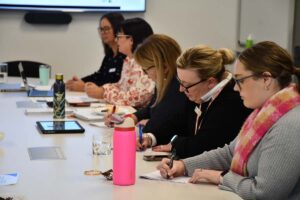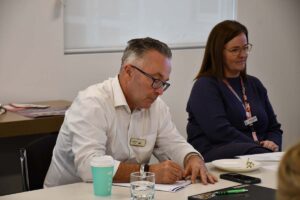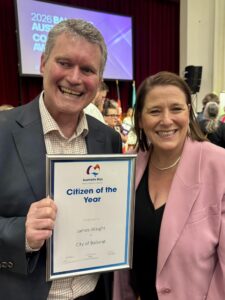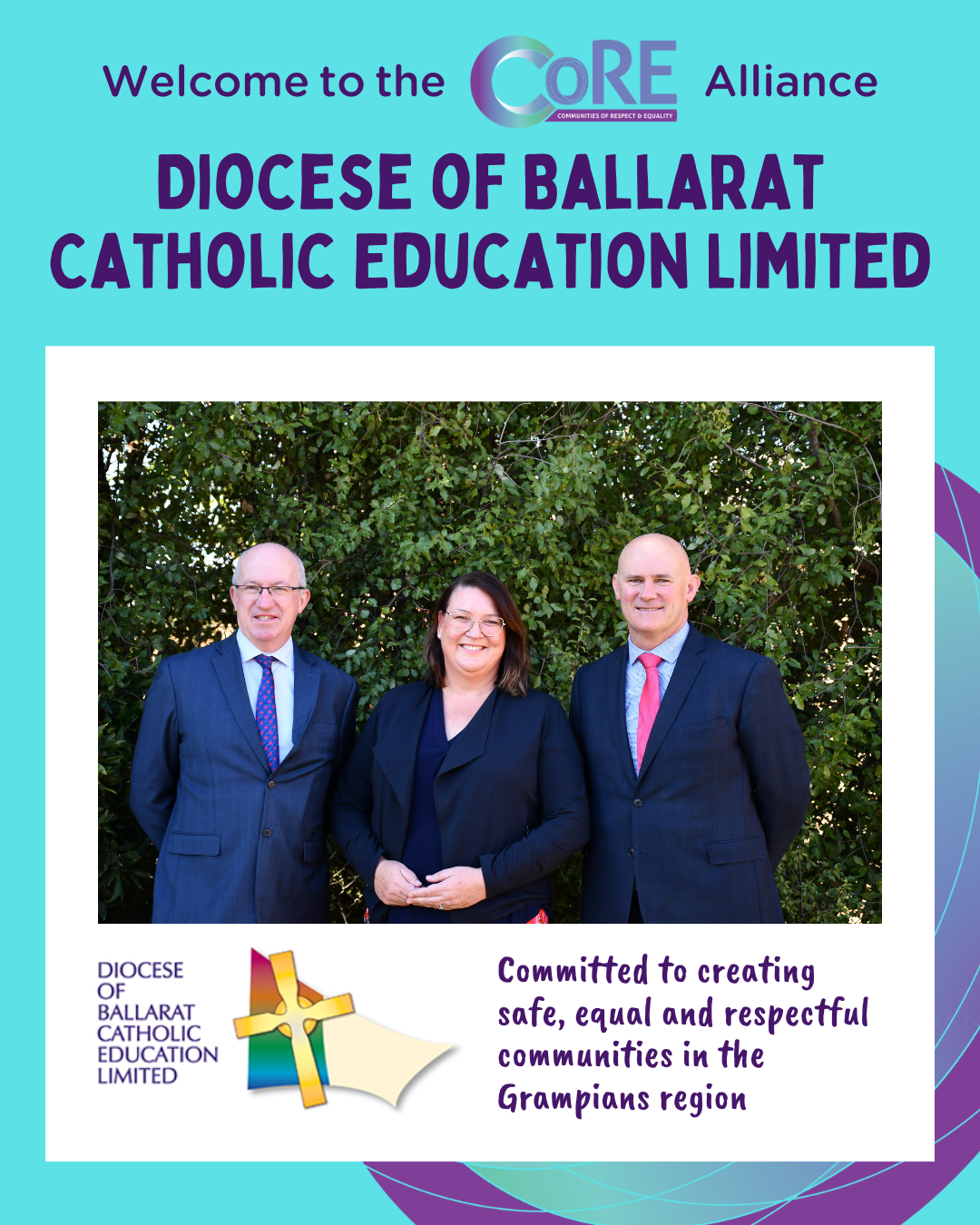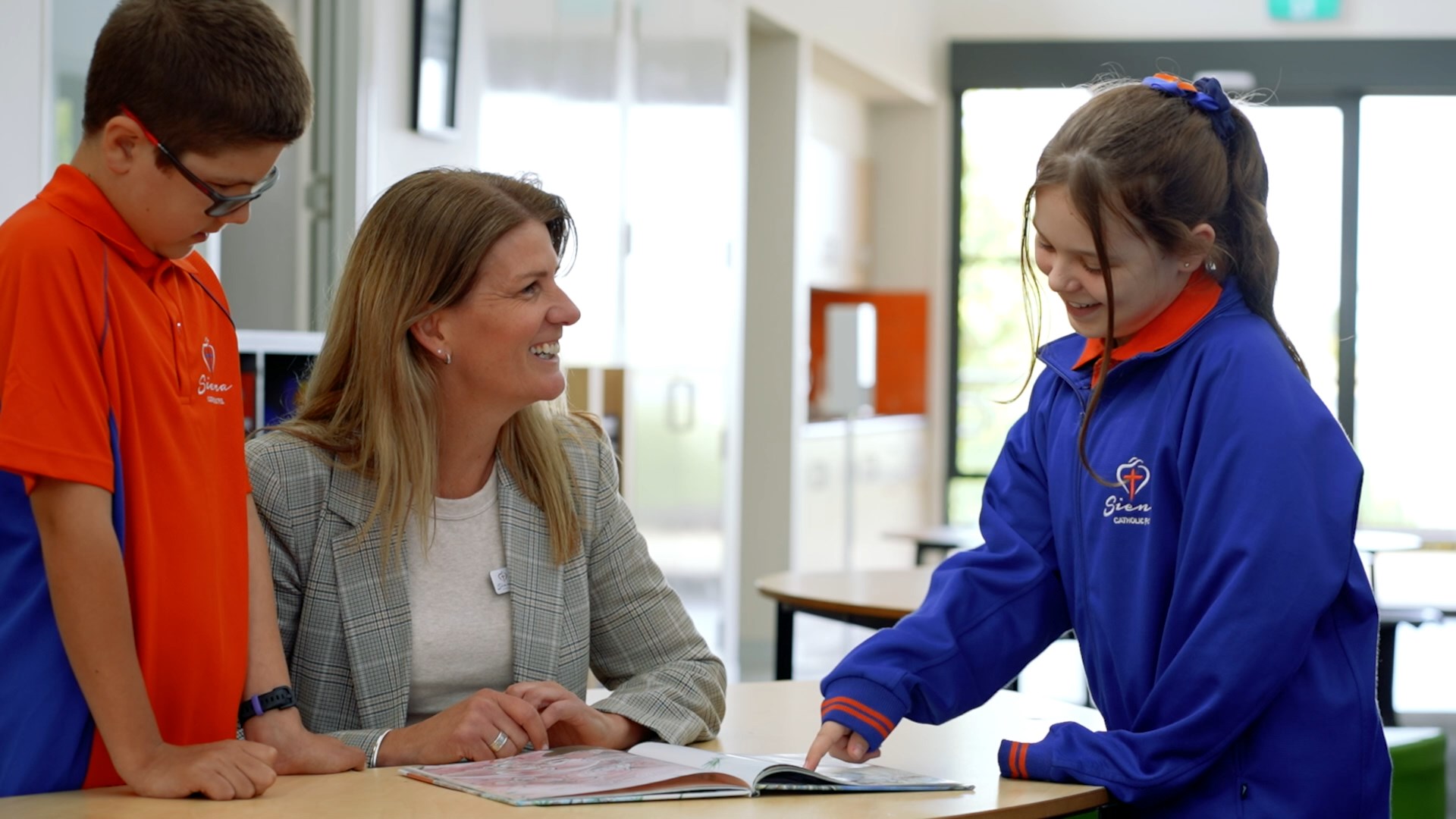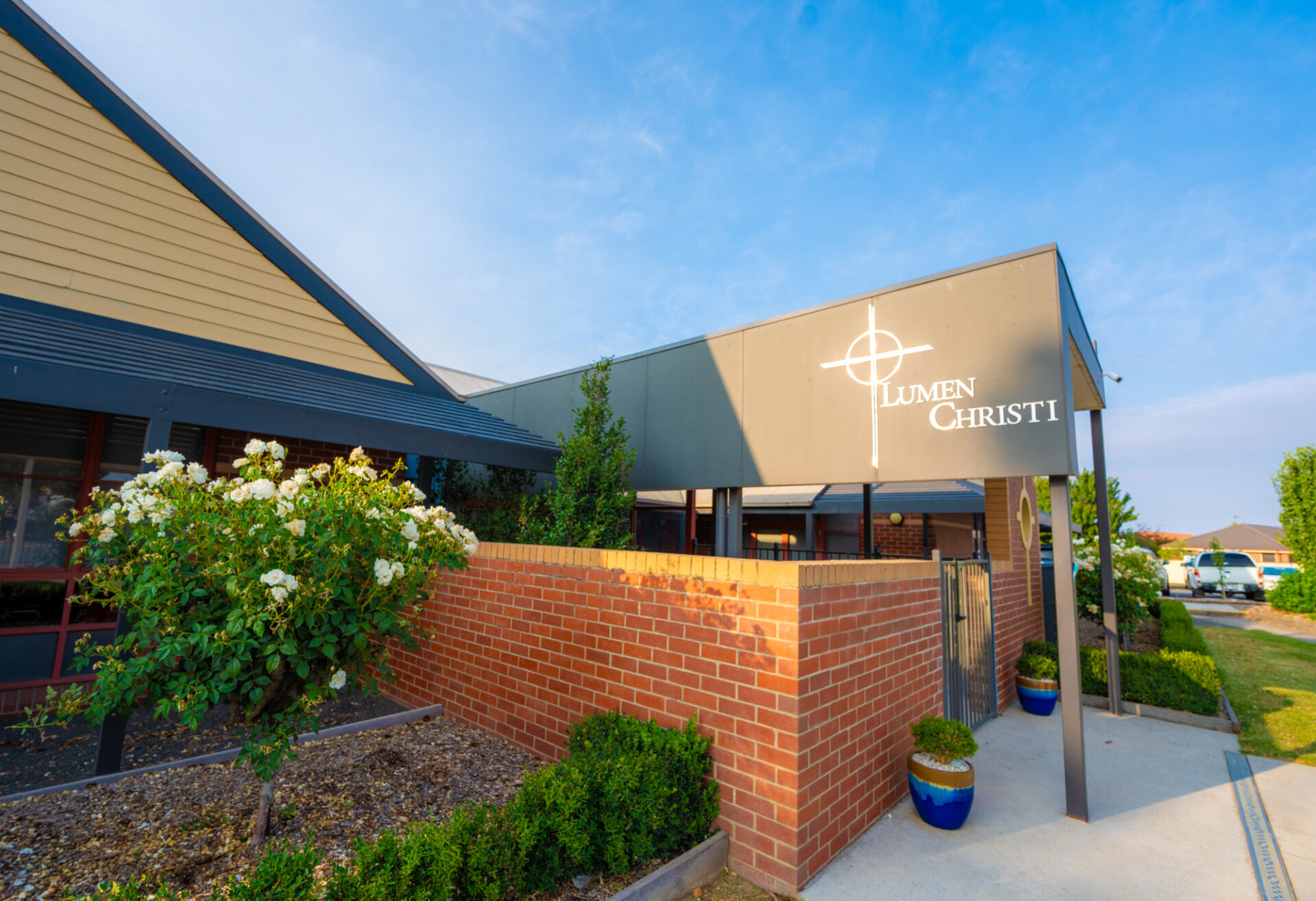News
Support for Schools in SSP (Systematic Synthetic Phonics) Selection
On Thursday, 8 May, educators from across the Diocese of Ballarat gathered both in person and online for a professional learning session focused on supporting schools in the selection of a Systematic Synthetic Phonics (SSP) program.
With representation from each of the four zones, the session aimed to deepen understanding of effective phonics instruction and its vital role in early reading success.
The session aligned with DOBCEL’s commitment to a 10-year Primary Literacy Strategy, delivered through Flare. This strategy supports schools by providing:
-
Tailored professional development for primary educators
-
A knowledge-rich literacy curriculum with aligned resources and assessments
-
Systems to track student progress and provide effective interventions
-
Strong literacy leadership development
-
System-wide monitoring and reporting on literacy improvement
A key focus was the importance of Structured Literacy, where instruction is explicitly sequenced from simple to complex, ensuring students master foundational skills before progressing.
Seven widely used SSPs were presented by educators from our schools:
-
Little Learners Love Literacy – St Patrick’s Camperdown
-
Sounds Write – Siena Lucas
-
InitiaLit – Sacred Heart Mildura
-
SpellEx – Sacred Heart Mildura
-
PhOrMeS
-
No Nonsense Phonics – St Paul’s Mildura
-
UFLI – St Joseph’s Redcliffs
Presenters provided insights into each program’s structure, costs, training, suitability, available resources, and the reasons behind their school’s choice.
Key reflections from participants included:
-
The value of learning from peer schools to make informed decisions
-
The importance of aligning program choice with each school’s specific context
-
Acknowledging that change requires careful planning and management
-
The benefit of ongoing professional dialogue and collaboration
One participant summed it up well: “It was great. Very helpful in narrowing down what program is best for our school.”
This session was an important step forward in ensuring every school is supported in choosing an SSP that meets the needs of their learners – strengthening literacy outcomes across our system.

